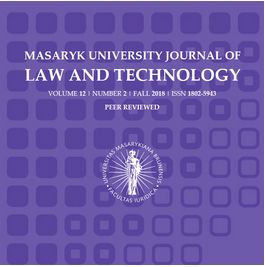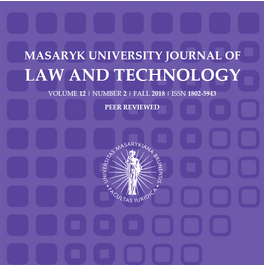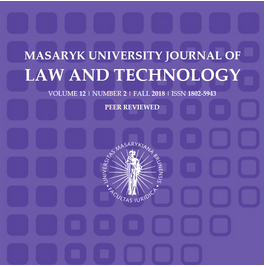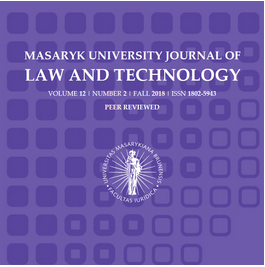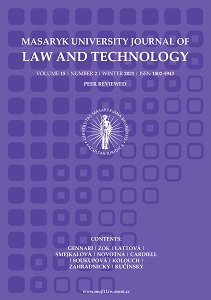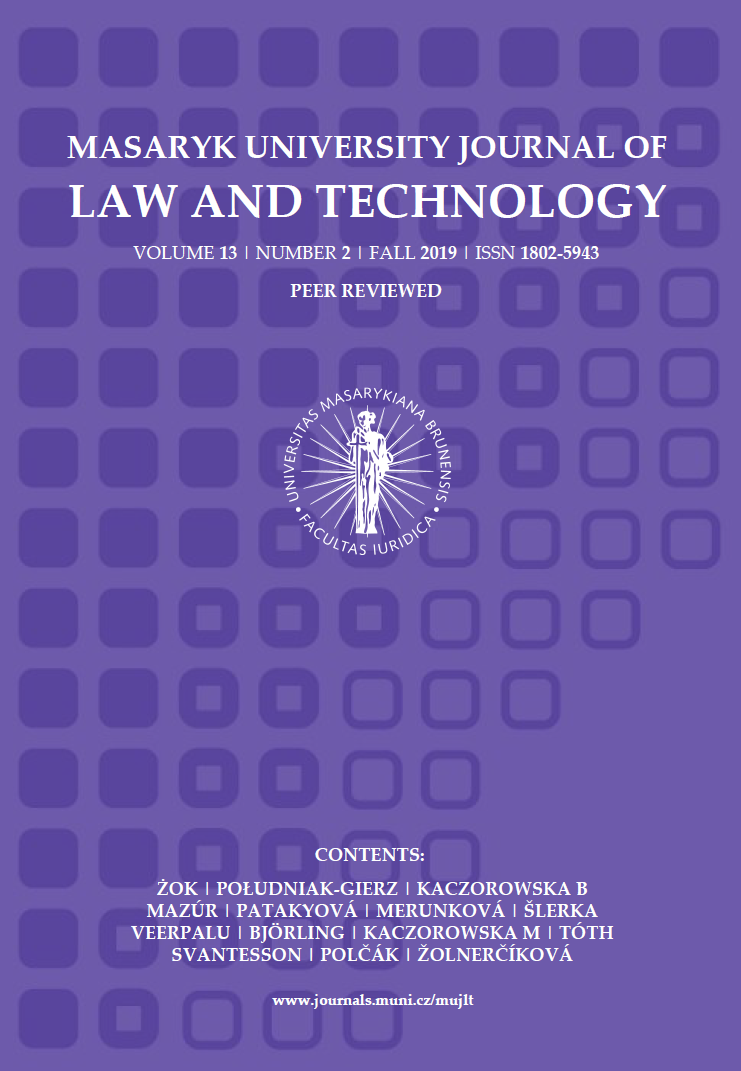
Cloud Computing Contracts as Contracts for the Supply of Digital Content: Classification and Information Duty
Cloud computing contracts are among the most frequently concluded contracts over the Internet. Until now, however, they have been considered mainly from the perspective of data protection and intellectual property laws. Although these analyses provide valuable insights, they do not fully cover an important area, i.e. consumer protection. The article focuses on the latter issue, taking Consumer Rights Directive as a reference point. The Directive is one of the latest acts concerning consumer protection in the European Union. It also introduces a new type of agreement that should cover cloud computing contracts. In addition, characteristically for European law, it provides for an information duty as a means of consumer protection. The article examines these two aspects by seeking an answer to the following questions: (1) do cloud computing contracts classify as contracts for the supply of digital content? And (2) do the provisions on information duty suit well cloud computing contracts? The analysis includes the results of empirical studies of these contracts. In the conclusion, the article states that the new type of contract may not significantly improve consumer protection, mainly due to the ambiguity resulting from recital 19 of the Directive. On the other hand, consumers may benefit from the provisions on information duty, though it does not directly address the main problems connected with cloud computing contracts. The article is divided into four parts. The first provides an introduction to the topic. The second discusses cloud computing contracts as contracts for the supply of digital content. The third analyses the provisions on information duty from the point of view of the contracts under consideration. Finally, the fourth summarises previous comments.
More...
